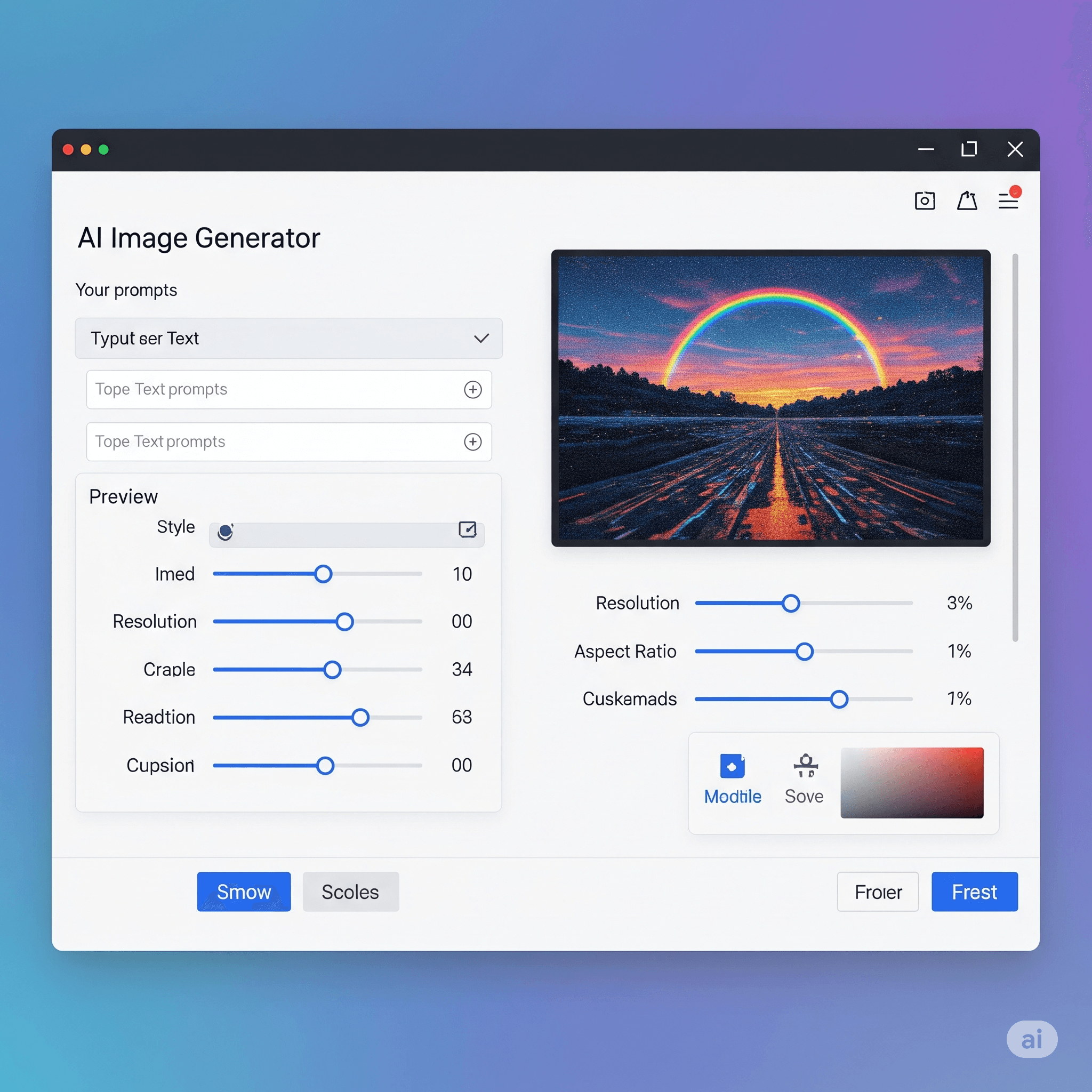Question: Lines preceding the root element are the ______ of the XML document
Answer:
Lines preceding the root element in an XML document are called the "prolog" of the XML document.
The prolog is an optional section at the beginning of an XML document that provides metadata and information about the document itself. It typically includes the XML declaration and may also include a document type declaration (DTD) or an XML schema reference.
The XML declaration, indicated by `<?xml version="1.0" encoding="UTF-8"?>`, specifies the XML version and character encoding used in the document.
Here's an example of an XML document with a prolog:
```xml <?xml version="1.0" encoding="UTF-8"?> <!DOCTYPE ...> <root> <!-- XML content here --> </root> ```
In the above example, the lines `<?xml version="1.0" encoding="UTF-8"?>` and `<!DOCTYPE ...>` (if present) form the prolog of the XML document. They provide important information about the document's characteristics and structure.
The prolog is not considered part of the root element but rather serves as a preamble to the main content of the XML document.
MCQ: Lines preceding the root element are the ______ of the XML document
Explanation:
Lines preceding the root element in an XML document are called the "prolog" of the XML document.
The prolog is an optional section at the beginning of an XML document that provides metadata and information about the document itself. It typically includes the XML declaration and may also include a document type declaration (DTD) or an XML schema reference.
The XML declaration, indicated by `<?xml version="1.0" encoding="UTF-8"?>`, specifies the XML version and character encoding used in the document.
Here's an example of an XML document with a prolog:
```xml <?xml version="1.0" encoding="UTF-8"?> <!DOCTYPE ...> <root> <!-- XML content here --> </root> ```
In the above example, the lines `<?xml version="1.0" encoding="UTF-8"?>` and `<!DOCTYPE ...>` (if present) form the prolog of the XML document. They provide important information about the document's characteristics and structure.
The prolog is not considered part of the root element but rather serves as a preamble to the main content of the XML document.
Discuss a Question
Related Questions
- 1. What is XML parser?
- 2. An XML document is considered to be syntactically incorrect if ___________
- 3. _______ is an example for an application that has a built in XML parser
- 4. An element that contains a plus sign next to it, is called _________.
- 5. What is Unicode in the computers?
- 6. ________ is enclosed in angle brackets.
- 7. What is Parameter entities in the context of XML and DTD (Document Type Definition)?
- 8. Which of the following is NOT a fundamental component of web development?
- 9. XML documents are called ________ sections
- 10. The ____ and ______ attributes specify the layout of frames within the browser window.
You may be interested in:
Web Fundamental MCQs






